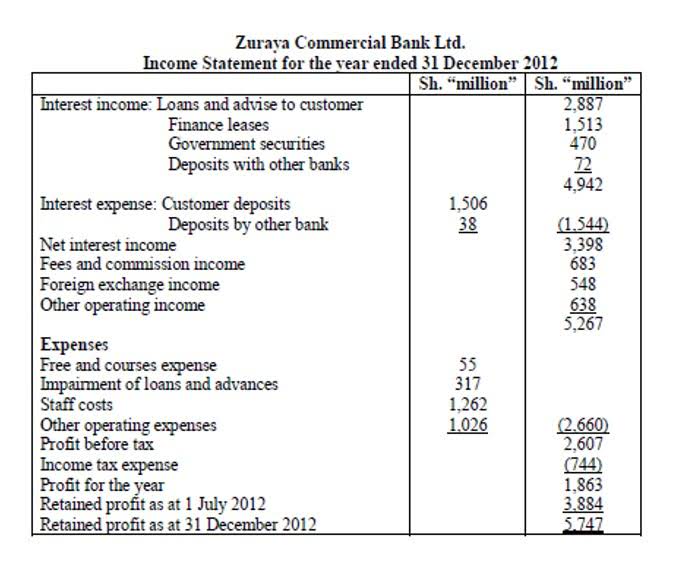
In this example, the “Advertising Expenses” account tracks the various advertising Accounting for Churches expenditures incurred by the company in May 2023. Each expense is recorded as a debit entry in the account, increasing its balance. Many business professionals are unaware of the right approach to perform expense analysis.But that doesn’t mean to ignore it. This helps you justify whether the investment is made on the right things or not. Additionally, it also helps refine budgeting for better decisions. The widespread adoption of mobile technology has revolutionized expense management practices.

Remote workers particularly benefit from mobile expense management solutions, as they can handle their expense-related tasks from anywhere. The convenience of mobile submissions also encourages prompt expense reporting, which helps organizations maintain more accurate financial records. The landscape of expense account management continues to evolve with technological advancement.
Assets are expensed throughout their useful life through depreciation and amortization. Categorizing expenses properly is important in keeping your books in order. For instance, Klippa SpendControl helps companies significantly improve expense management processes in their organization, by automating all accounting-related tasks. Expenses in accounting are a great way of ensuring that accounting processes are accurately represented in the books. What would make this process even better, and therefore more useful for companies, is automation through tools like expense management software.

This organization and analysis lead to better gross vs net and more effective financial reporting. They provide the necessary information to prepare financial statements, such as income or profit & loss statements. These statements summarize the revenue earned and the expenses incurred during a specific period, helping businesses compute their operational cost and assess their financial performance.

Income accounts (or revenue accounts) track earnings from business activities. You can even sync bank accounts for real-time updates and easier reconciliation and integrate with dedicated expense management software. Expenses are subtracted from revenues to calculate overall equity in the expanded accounting equation and calculate net income on the income statement. When you track your expenses, you can plan on how to spend your money. For example, if you know you have an annual expense at the same time every year, you can plan for that.


2) Expenses can help you contra expense identify precisely where your business is wasting money. Make use of tools like Xero or QuickBooks to automate expense categorization based on preset rules. Establish naming conventions and organization of receipts by category and date. Digitize receipts (either by scanning them or taking a photo) and store them securely in an accounting system or cloud storage solution.
Now that the basics of expenses have been covered, we can start to cover expense accounts and why they’re important. An expense account is also critical for staying organized and helping you budget. Read on to first review what expenses are before diving into the world of expense accounts. Moon Invoice is one of the best expense analysis tools that offers a simple and cost-effective solution to managing expenses.
The only way you can do that, though, is by keeping track of your specific expenses. The biggest advantage, besides maintaining legality, is organization. Organization is one of the most important skills for any business owner. While you can have a generalized expense account, most people choose to break their accounts down. That way, you can observe which expenses you spend the most on, better track your money, and stay organized. Simultaneously, the Income Summary account is credited for the same amount, effectively transferring the total expenses from the expense account.
Frankly, this can be a burden to most financial departments, as registering business expenses or managing profit and loss statements are still manual processes in many companies. An expense account is a specific ledger account used to record expenditures related to business operations. These accounts categorize expenses into different types, such as salaries, utilities, rent, supplies, and other costs necessary to run a business. Each expense account typically corresponds to a specific type of expenditure, allowing businesses to monitor and control their spending. Expense accounts are fundamental to tracking and managing financial transactions within a business or organization.